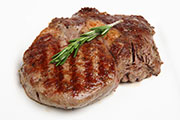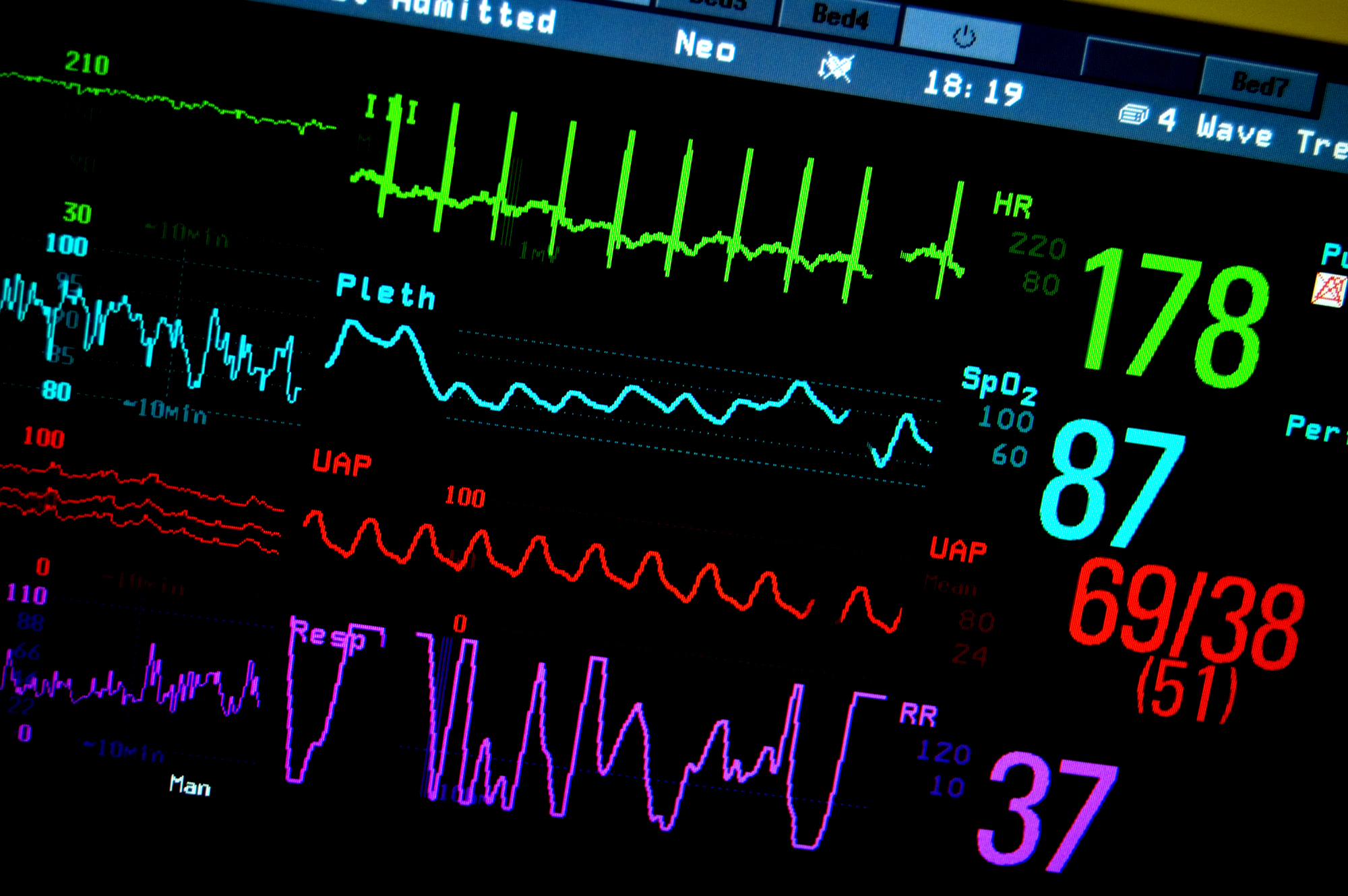
TUESDAY, April 29, 2014 (HealthDay News) — A type of iron found only in red meat is associated with an increase in the risk of heart disease, a new review finds.
Researchers analyzed 21 studies that included more than 292,000 people who were followed for an average of 10 years. They found a link between consuming heme iron — which is only in red meat — and a 57 percent increased risk of heart disease.
In contrast, consuming non-heme iron — found in vegetables, other non-meat sources and iron supplements — was not associated with the risk of heart disease, according to the researchers at the Indiana University School of Public Health at Bloomington.
“Heme iron is absorbed at a much greater rate in comparison to non-heme iron [37 percent vs. 5 percent],” the researchers said in a university news release. “Once absorbed, it may contribute as a catalyst in the oxidation of [bad cholesterol], causing tissue-damaging inflammation.” This inflammation is a potential risk factor for heart disease.
The study was recently published online ahead of print in the Journal of Nutrition.
They said that iron levels in the body tend to rise over time.
Studies looking into the role that red meat plays in the development of heart disease have had inconsistent results, according to the news release. Although their research doesn’t establish a direct cause-and-effect relationship, the researchers believe their findings bolster the case against a steady diet of steak.
More information
The U.S. National Library of Medicine has more about heart disease prevention.
Copyright © 2026 HealthDay. All rights reserved.

